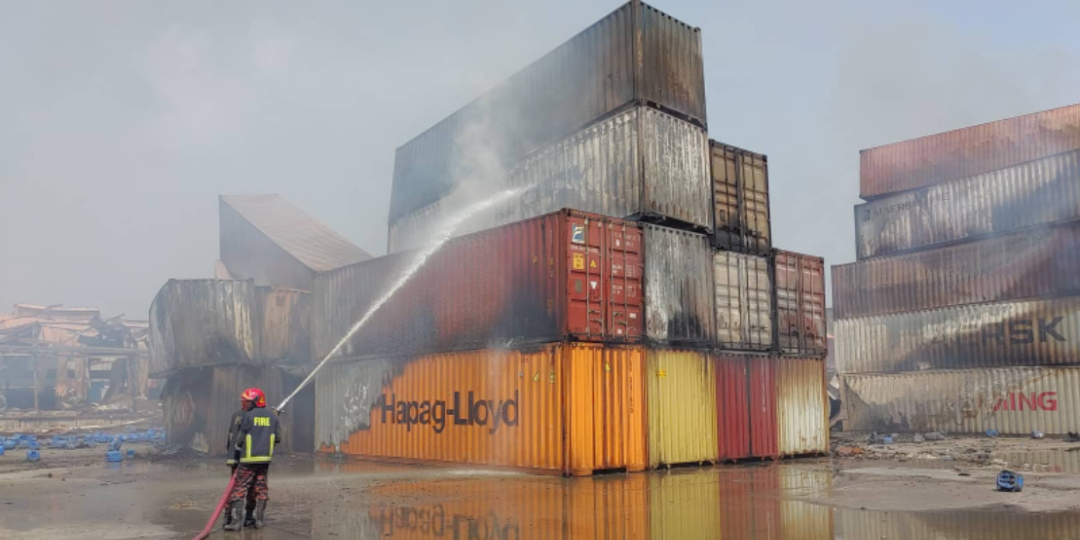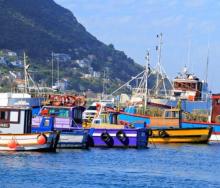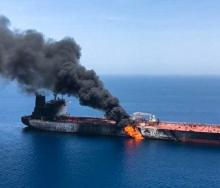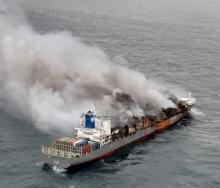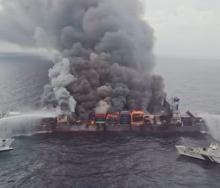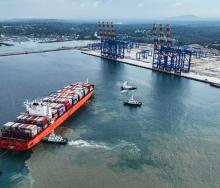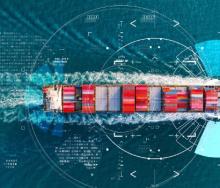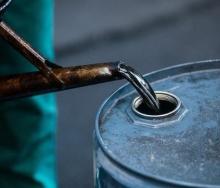The danger that smouldering cargo – hard to douse because of chemical and other volatile substances – poses to the shipping industry, has once again become clear through a series of incidents this year that has played havoc with ocean freight.
In the latest blaze, firefighters at an inland container terminal in Bangladesh are still battling to put out a fire that claimed the lives of 49 people on Saturday night.
The blaze, presumably caused by hydrogen peroxide that ignited after it started decomposing from an inert state, spread to adjacent containers also said to contain hazardous chemicals.
In the ensuing ripple-effect eruption, a vast quantity of containers and contents were either completely destroyed or gutted, causing extensive damage to the depot facility and surrounding property in Situkunda, four kilometres north of the Port of Chittagong.
Whilst firefighters are working around the clock to bring the smouldering chemical under control, Chittagong Port Authority (CPA) has identified a further 609 drums also containing hydrogen peroxide.
In an attempt to prevent any further chemical blasts, the CPA has decided to auction off the drums of hazardous chemicals, thereby expediting the clearance of any remaining Hazchem from the site.
According to reports coming through, the consignment of hydrogen peroxide had been lying idle at the port for about four years after a textile miller failed to take possession of the chemicals.
In another incident earlier this year, a roll-on roll-off vessel, the Felicity Ace, caught fire as it crossed the Atlantic from Germany to the US.
Carrying close to 4 000 cars, many of which were electric vehicles (EV) containing batteries known to combust under certain circumstances, the ro-ro with all its cargo eventually sank near the island of Ila de Faial.
This was despite efforts from firefighters based on the Azores and mainland Portugal to douse an on-board blaze that gave off toxic white smoke, said to have been caused by the lithium of EV batteries igniting.
Even specialist firefighting expertise shipped in from the Port of Rotterdam could not save the Felicity Ace.
The worst case in recent times of a catastrophe related to dangerous goods was the Beirut port blast of August 2020, an explosion unlike anything previously experienced and which claimed the lives of 218 people.
The blast was caused by ammonium nitrate stored at the port without due procedure being taken to prevent a disaster.
